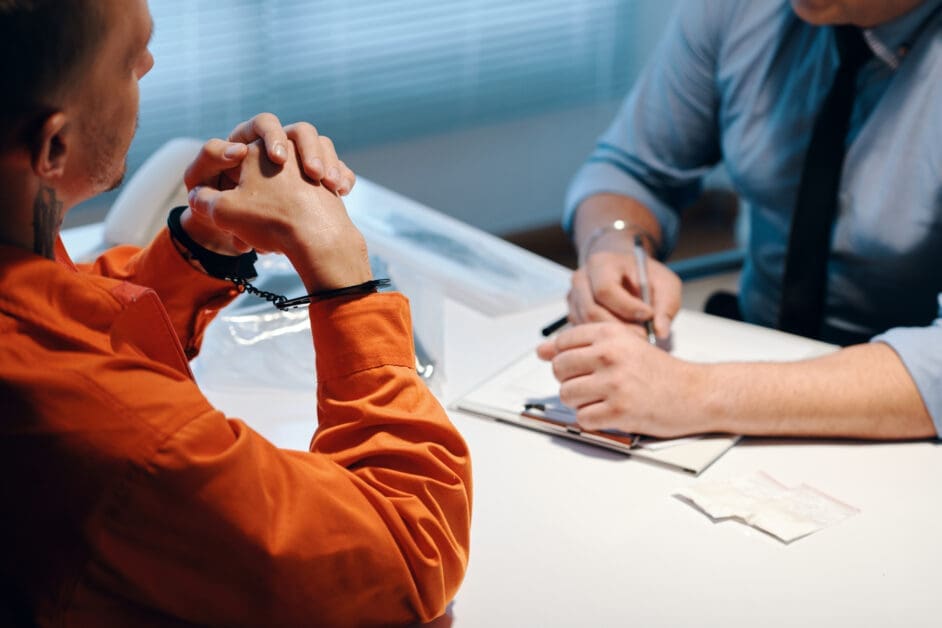Can You Refuse a Breathalyzer Test in Virginia? Understanding Implied Consent Laws in Fairfax County
Getting pulled over on suspicion of drunk driving puts you in a tough spot. When the officer asks you to take a breathalyzer test, you might wonder if you have the right to say no. The answer is more complicated than a simple yes or no, and your decision could affect you for the next year or longer.
What Implied Consent Means in Virginia
When you got your Virginia driver’s license, you agreed to something without realizing it. Virginia’s implied consent law (Code § 18.2-268.2) means that by driving on Virginia roads, you automatically consented to chemical testing if an officer arrests you for DUI. This isn’t about your rights at the traffic stop. You already agreed to this when you started driving.
The law applies to breath tests, blood tests, and sometimes urine tests. However, there’s an important difference between the roadside tests and the official breathalyzer at the police station. The small portable device officers use at the roadside is preliminary, and you can refuse it without automatic penalties. The evidentiary breathalyzer after arrest is different. That’s where implied consent really matters.
Immediate Consequences of Saying No
If you refuse the official breathalyzer test after being arrested, several things happen right away. Your license gets suspended for one year on a first refusal. If you refuse again within ten years, the suspension jumps to three years. These suspensions start immediately, and you won’t get a restricted license right away like you might with a DUI conviction.
The refusal itself becomes evidence against you in court. Prosecutors will tell the judge or jury that you refused because you knew you were drunk. Even though you have the right to refuse, that refusal can hurt your case. Many people who face this situation benefit from speaking with a Fairfax criminal defense lawyer who knows how local courts handle these cases.
Virginia treats a second refusal within ten years as a criminal misdemeanor, not just a civil penalty. This means you could face both DUI charges and a separate criminal charge for refusing the test.
How Fairfax County Handles Refusals
Fairfax County courts see refusal cases regularly. You have only seven days from the date of refusal to request an administrative hearing with the DMV to challenge the suspension. Missing this deadline means you lose your chance to fight the automatic suspension.
Local prosecutors in Fairfax County don’t automatically drop DUI charges just because you refused the breathalyzer. They can still use field sobriety tests, officer observations, dashcam footage, and your behavior as evidence. The refusal might eliminate one piece of evidence, but it creates another problem by making you look guilty.
Should You Refuse the Test?
This question has no universal answer. Refusing might make sense if your blood alcohol content would be extremely high, especially if you have prior DUIs. Virginia has mandatory minimum jail sentences for BAC levels of 0.15 or higher. Without a test result, prosecutors can’t prove you hit those thresholds.
However, refusing guarantees a year without a license and gives prosecutors ammunition to use against you. If other evidence shows you were impaired, you’ll face DUI penalties plus the refusal suspension. That’s worse than just the DUI alone.
People with commercial driver’s licenses face extra problems. A refusal triggers federal disqualifications that affect your ability to work. Anyone under 21 faces different penalties under Virginia’s zero tolerance laws.
What Happens During “No Refusal” Events
Virginia sometimes runs “no refusal” enforcement periods, typically around holidays. During these times, officers can quickly get warrants for blood draws if you refuse a breathalyzer. The warrant removes your ability to refuse, so the protection you thought you had disappears.
Getting Your License Back
After refusing, getting even a restricted license takes time and money. You’ll need to enroll in the Virginia Alcohol Safety Action Program (VASAP) and install an ignition interlock device in your car. Installation costs several hundred dollars, plus monthly monitoring fees of $75 to $100. These costs add up quickly on top of any fines or legal fees.
Take Action Quickly
If you refused a breathalyzer test, contact an attorney immediately. You have only one week to request your DMV hearing. Missing that deadline makes everything harder. An experienced attorney can challenge the stop, question whether the officer properly advised you of the consequences, and build the strongest defense possible given your situation.
The decision to refuse a breathalyzer isn’t one you should make without understanding what comes next. Virginia’s implied consent law means refusing has real consequences, whether you eventually beat the DUI charge or not.














